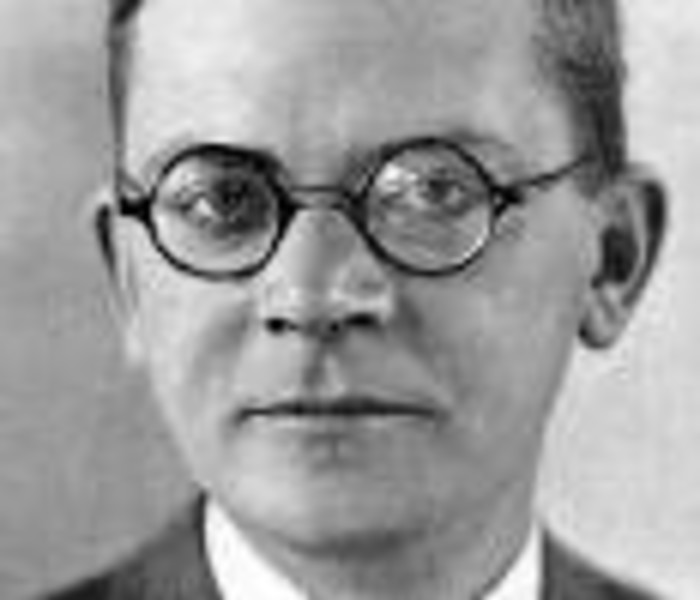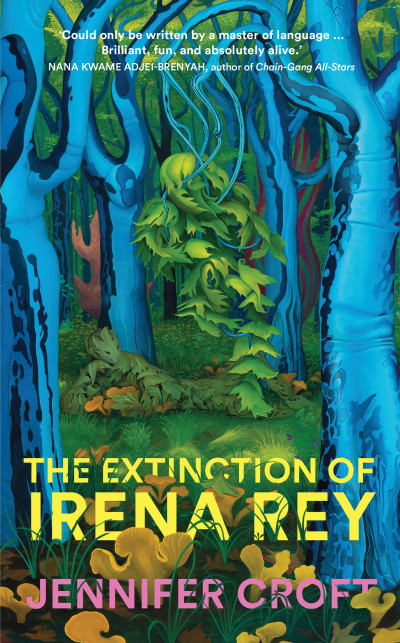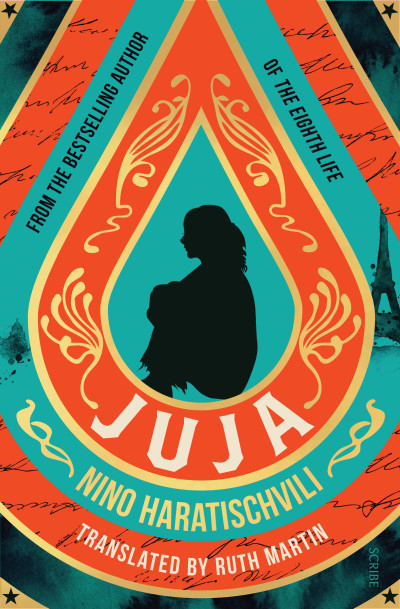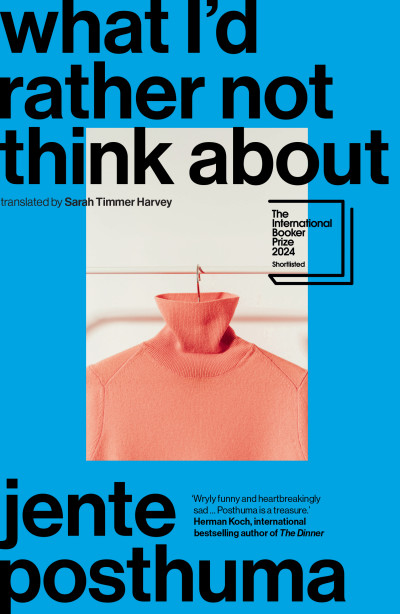‘[Nightmare in Berlin] begins in gripping style and is fascinating on the mentality of a population brought to its knees.’
Anthony Gardner, The Mail on Sunday
‘[Fallada’s] account of the agonized internal conflict of a writer, torn between the self-protective instinct to detach himself from the horror that surrounds him and the imperative to bear witness to it, has the appalled urgency of confession with little hope of absolution. Rawer and more unevenly wrought than Alone in Berlin, Nightmare in Berlin is the necessary precursor to that great work.’
New Statesman
‘This is a tense, atmospheric, almost dreamlike novel, shifting between moods of despair and hope. It is rich in internal stories … bold, strident, ironic and often ambivalent fiction.’
Eileen Battersby, The Irish Times
‘Painful and poignant.’
Elizabeth Buchan, Daily Mail
‘A tale of survival in [post-war Berlin]’s ruins.’
The Sunday Times
‘[Nightmare in Berlin] evokes the apathy and despair of postwar Germany with chilling resonance and the author’s trademark humanity.’
Eileen Battersby, The Irish Times
‘[Fallada] digs deep into the human psyche to explore guilt – both collective and individual – and the battle to stay sane while surrounded by chaos … [His] character studies and local colour – whether of gritty cityscape or lurid dreamscape – prove consistently captivating … A mesmerising portrait of shattered lives.’
The National
'In this splendid novel, Fallada portrays the despondency and apathy of the German people in this strange period. The last months of the war are described with masterly skill, as well as the subsequent capitulation, the arrival of the Russian troops, the way in which the middle class, the ‘bourgeoisie’ must adapt to this new environment, and the moral decline of the population.'
Zwiebelfisch
'A densely packed chronicle that is of both literary and historical value … That this is furthermore a gripping and brilliantly written work goes without saying.'
Berliner Zeitung
'Nightmare in Berlin is the symbol for everything that happened after the end of the war.'
Der Tagesspiegel
'Nightmare in Berlin represents a crucial moment in Fallada’s realisation that it is not the ruins, but human lives that count.'
Norddeutsche Zeitung
'A strikingly honest book, a piece of human history.'
Frankfurter Neue Presse
'One reads the story of Dr. Doll, who is crushed by a nightmarish existence in a city of ruins, with intense sympathy.'
Freiheit Düsseldorf
‘The book that cleared the way for Alone in Berlin.’
Jenny Williams, author of More Lives Than One: a biography of Hans Fallada
‘A vital, painful examination of a devastated, morally bereft city.’
The Listener
‘Records in powerful detail the reality of life for Germans living in a defeated and occupied country.’
The Mail on Sunday
‘Fallada describes Berlin as an almost post-apocalyptic city dominated by death, drugs, apathy, and the almost blackly comic pettiness of the human survival instinct. This translation of this compelling novel enables a new audience to experience Fallada’s fascinating and conflicted perspective.’
Booklist
‘A compressed epic of despair, venality, shame, and endurance, this “strong book about a weak human being”, like most Fallada novels, mirrors its author’s travails … The novel is driven by these surges of emotion, but Fallada keeps our gaze on everyday details, on petty betrayals and intimate crimes … Fallada’s corrosive wit — used sparingly in this novel and to devastating effect — is oddly affecting. It draws us closer to these characters even as they surrender to the oblivion of morphine or to the macabre regimen of the sanatorium … “Life goes on, always”, he concludes. But Fallada’s tightly constructed novel — a snug nesting doll of horror within horror — makes even that bland assertion seem foolish.’
Anna Mundow, The Barnes & Noble Review





















